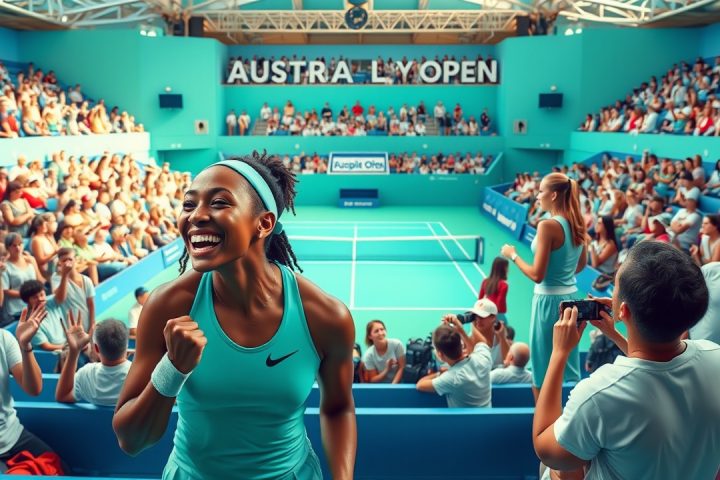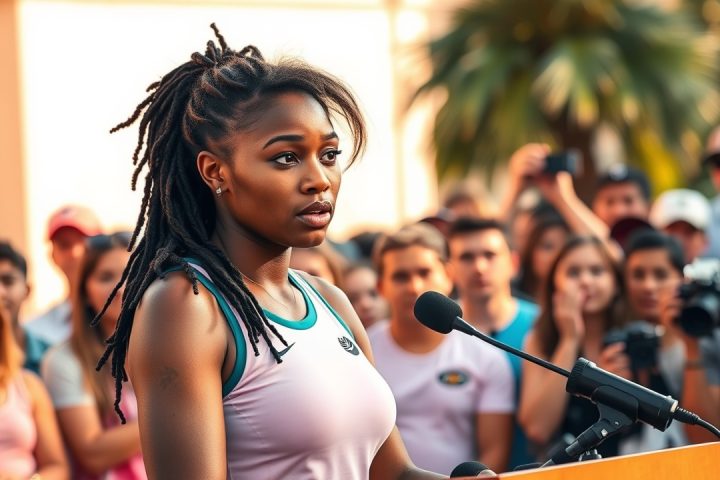Interview Insights
In a recent interview, Goran Ivanisevic candidly elaborated on the fallout regarding his comments about Stefanos Tsitsipas and Patrick Mouratoglou‘s reaction. The former Croatian tennis star’s coaching stint with Tsitsipas was notably brief, lasting just under two months following the 2025 French Open. Many in the Greek tennis community had high hopes that the renowned Grand Slam champion would elevate Tsitsipas’s performance, but the reality was disappointing: the Greek player participated in only three matches during this period, the last of which ended prematurely due to a troubling chronic back injury at Wimbledon.
Public Criticism and Reactions
Shortly after the split, Ivanisevic took an unfiltered approach in a publicly shared interview, criticizing Tsitsipas’s fitness and the disparity between his stated ambitions and actual accomplishments. This candidness raised eyebrows, particularly among notable figures in tennis, including Mouratoglou, who expressed discomfort with Ivanisevic’s harsh assessment, deeming it inconsiderate, especially for a 26-year-old trying to build a successful career.
Tsitsipas’s choice to end his collaboration with Ivanisevic coincided with his remarks at a public event where he hinted at his unwillingness to work under authoritarian coaching styles, implicitly targeting Ivanisevic’s methods. This situation may have given Mouratoglou a sense of justification for his critique of Ivanisevic’s public handling of the matter.
Ongoing Tensions
The friction was palpable in subsequent comments from Ivanisevic, who responded dismissively to Mouratoglou’s objections during an interview with Anna Chakvetadze, suggesting that if the coach had issues with his statements, he should address them directly rather than conduct a public discourse.
Mouratoglou is no stranger to controversy himself, having endured scrutiny for his involvement in the doping scandal surrounding Simona Halep, which some critics believe tarnished the integrity of the sport. Ivanisevic’s apparent disdain for Mouratoglou may stem from the latter’s public criticism of his approach toward Tsitsipas, despite Ivanisevic asserting he had communicated similar feedback privately.
Coaching Dynamics
Supporters of Mouratoglou might note that voicing concerns, even those that could upset players, is a part of coaching. They could argue that Ivanisevic’s public comments were not fundamentally different from Mouratoglou’s critiques, though the timing and manner of delivery differ.
Interestingly, Ivanisevic may have relished Mouratoglou’s recent split with Naomi Osaka, as it underscores the uncertainty surrounding Mouratoglou’s coaching career, particularly after his departure from Williams over three years ago. With his future in coaching now hanging in the balance, it remains to be seen whether Mouratoglou will continue in the professional tennis coaching arena or if his notable success is a thing of the past.
Conclusion
As for Ivanisevic, the animosity seemingly rooted in Mouratoglou’s remarks and public disagreements continues to play out in the open narrative of professional tennis, raising questions about loyalty, trust, and the dynamics between coaches and players.




